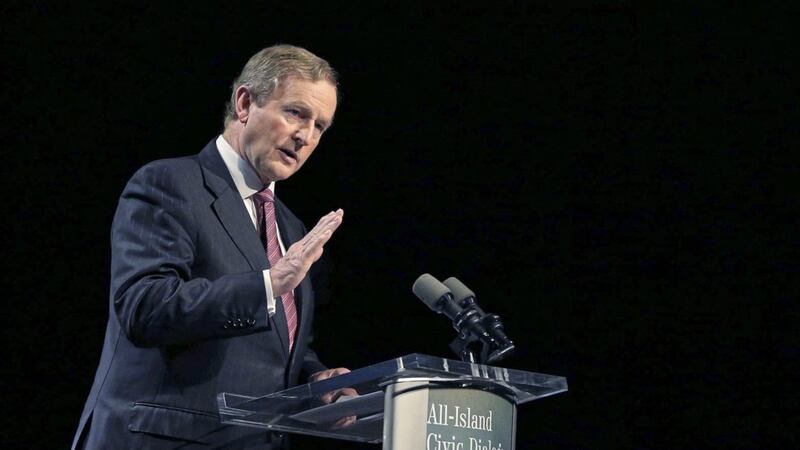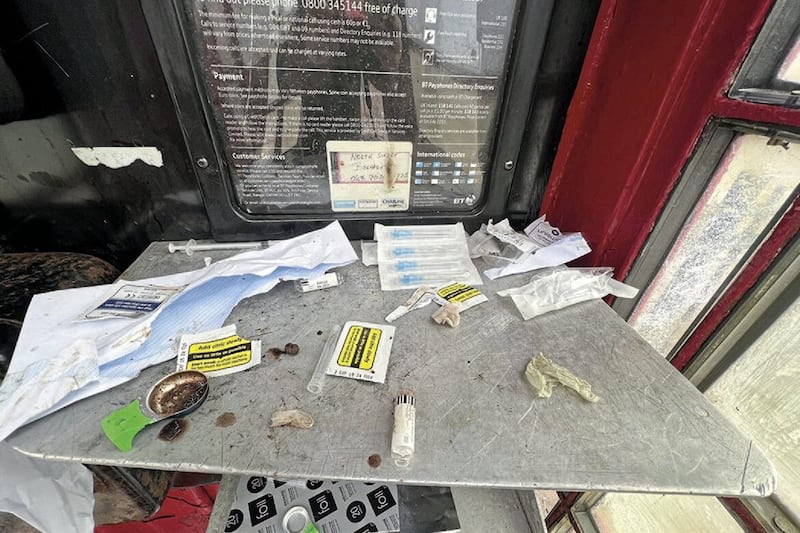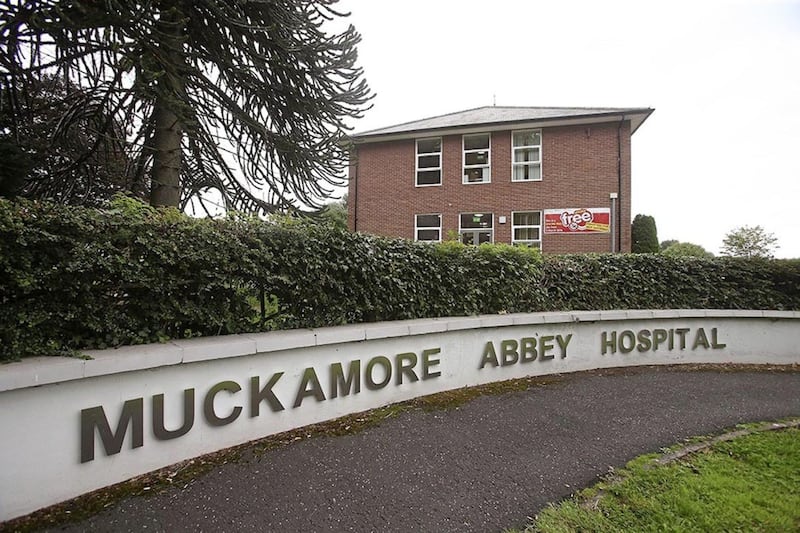"It’s the little things that trip you up.” So Albert Reynolds said when he resigned as Taoiseach in 1994.
Of course it wasn’t a little thing at all that led to Reynolds’ downfall.
The cracks began when he wanted to appoint then Attorney General Harry Whelehan as president of the High Court, amid allegations about the mishandled extradition of serial abuser Brendan Smyth to the north.
The RUC extradition warrant for the notorious paedophile priest languished in Whelehan’s office for seven months before Smyth finally returned north of his own accord. And when Reynolds tried to force through Whelehan’s appointment, it ultimately led to the collapse of the Fianna Fáil/Labour coalition.
As the coalition was falling apart, Labour TD Ruairi Quinn famously told Reynolds: “We've come for a head. Yours or Harry's (Whelehan), and we are not going to get Harry’s”.
Twenty-three years on and again some of the Republic’s coalition have ‘come for a head’ - that of Taoiseach Enda Kenny. Again, the Republic is facing the collapse of another fragile coalition, another election just a year after the last one, more claims of sexual abuse, except these ones - unlike the horror that Smyth perpetrated - were fake.
It was a "little thing" that led to Garda Sergeant Maurice McCabe, who just happened to have raised serious concerns about policing in Cavan/Monaghan, being falsely accused of sexual abuse.
The allegation of abuse was reported to Tulsa, the child and family agency, by a counsellor in 2013. It took nine months for the same counsellor to contact the agency to say she had made an "administrative error" by accidentally pasting a line referring to the abuse into her report.
Yet in 2015 Mr McCabe was told he was being investigated for sexual abuse. Only in June last year was he told a mistake had been made and he would not be prosecuted.
For years a respected public servant has been under a cloud. No wonder then that he and his wife Lorraine insisted last week that the inquiry into his case be public, no wonder that he wanted to know exactly who in the government knew of an alleged smear campaign against him and when.
As Mr Kenny was forced to amend statements about his knowledge of the allegations, it is hard to see the McCabe case without drawing comparisons with history. Since the early 1990s, the Republic has been dogged by lengthy multi-million pound tribunals into everything from malpractice in the beef industry to collusion in the IRA murder of two RUC officers.
The longest and most expensive tribunal - the Mahon Tribunal into allegations of bribes given to politicians over planning issues - eventually cost Taoiseach Bertie Ahern his job.
In all the inquiries, the allegations always seem to centre on the same list of human frailties: not wanting to disturb the status quo, being prepared to sacrifice the blameless to help the powerful, and always the depressing denials and obfuscations.
Sgt McCabe's genuine concerns of Garda corruption and malpractice in his area posed difficult questions for his bosses. Now they, including Garda commissioner Noirin O’Sullivan, face even more testing questions about whether they tried to smear an innocent man.
By the time of writing Enda Kenny was just clinging on as Taoiseach. It is unlikely he will remain in the same post past St Patrick’s Day.
Last week Sgt McCabe asked what Mr Kenny and other senior members of his government knew about the smears and when they were told. But as history has shown us, it is not when you know, but when you understand the importance of the knowledge that is key. A quick chat with a colleague may be easily forgotten, a briefing document overlooked in favour of more pressing concerns, but not when you have to account for your actions before a judge. And especially not when your actions, or lack of them, ultimately lead to a widespread public inquiry.
Arlene Foster take note.
Sgt McCabe’s concerns could and should have been dealt with appropriately. Now the Republic will have another inquiry, covering everything from Garda chiefs’ treatment of whistleblowers, including extraordinary claims the former head of the Garda press office was ordered to brief journalists against Sgt McCabe, to “inappropriate contact” between gardai and Tulsa. The Republic’s voters may be forgiven for feeling disillusioned by yet more political scandal.
As Mr Reynolds and Mr Ahern learnt, and perhaps Mr Kenny may learn also, when a scandal breaks, at least one politician loses his head.
It’s the little things that cost you your political career.








